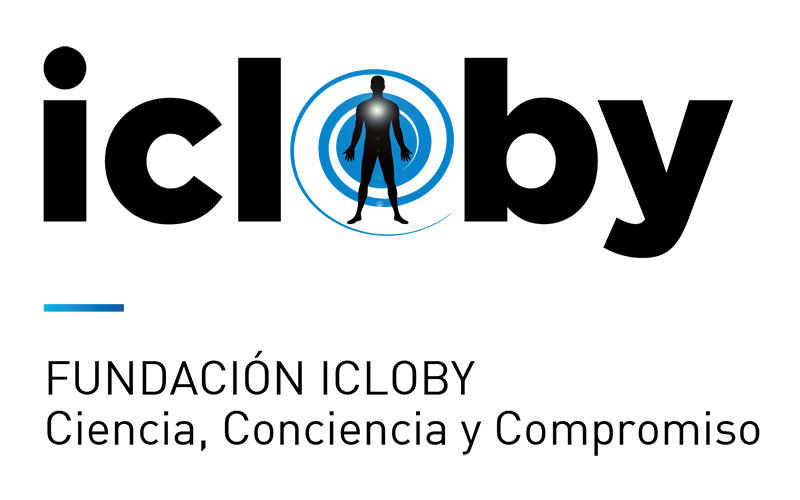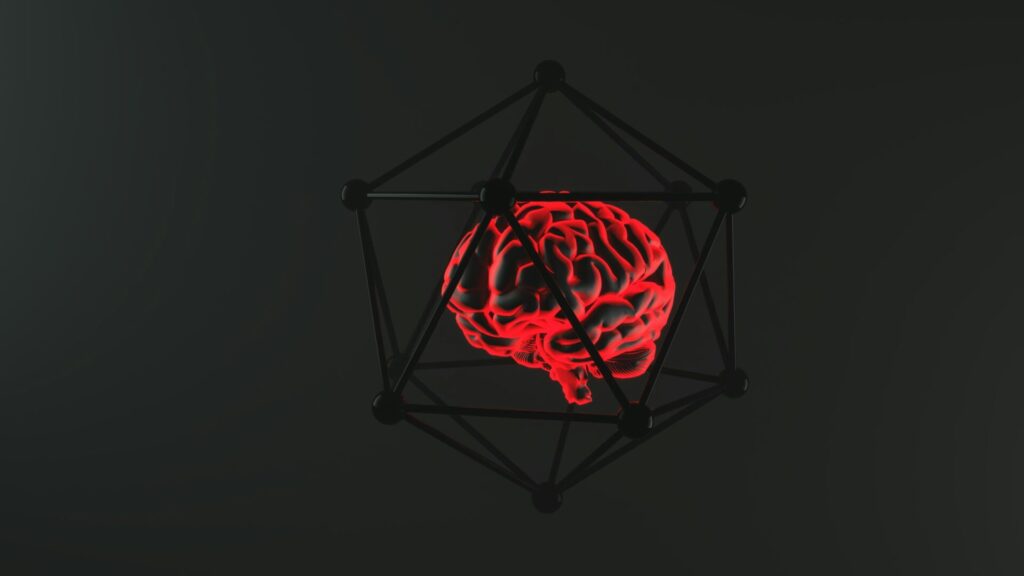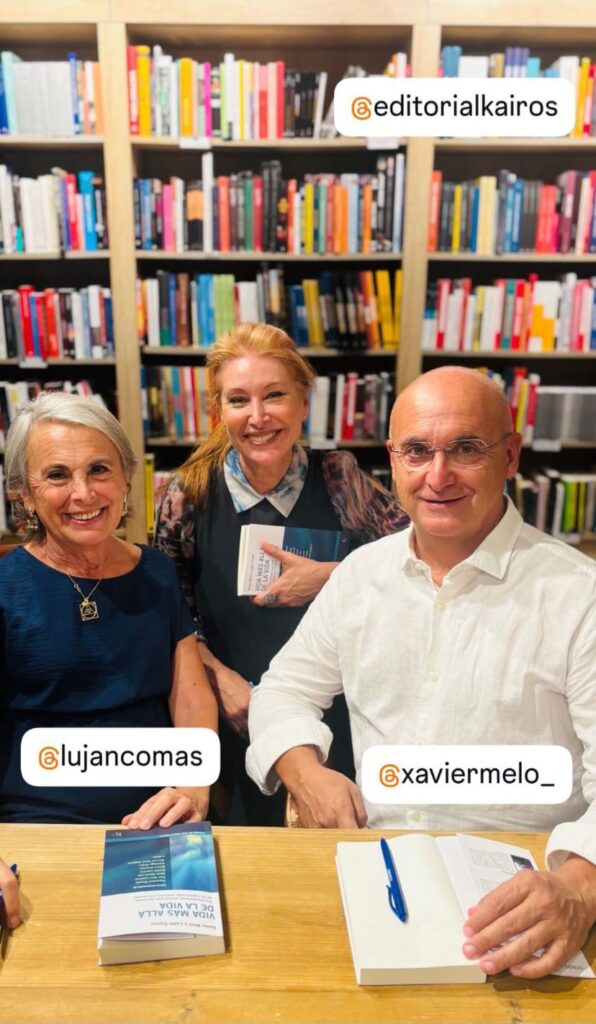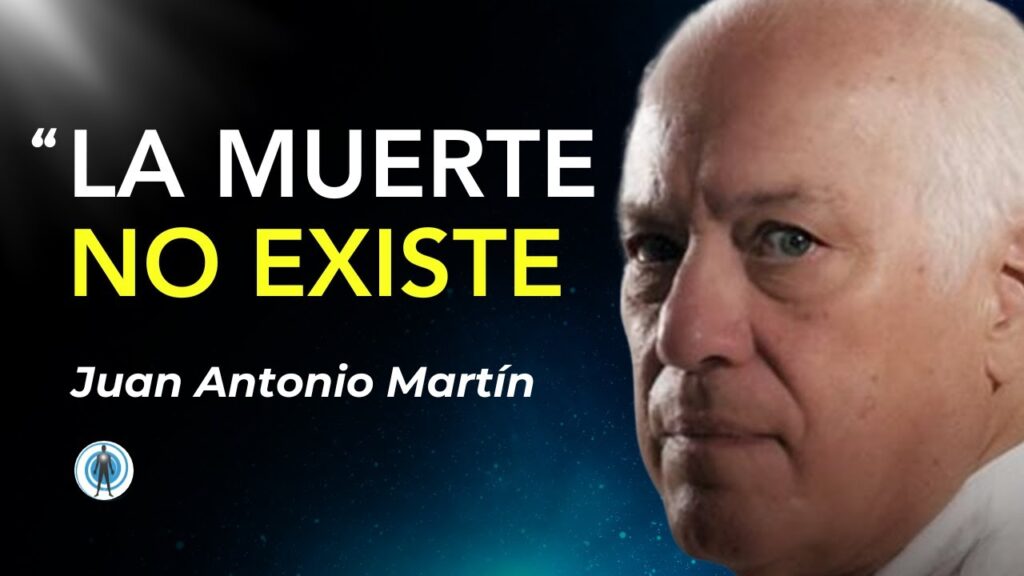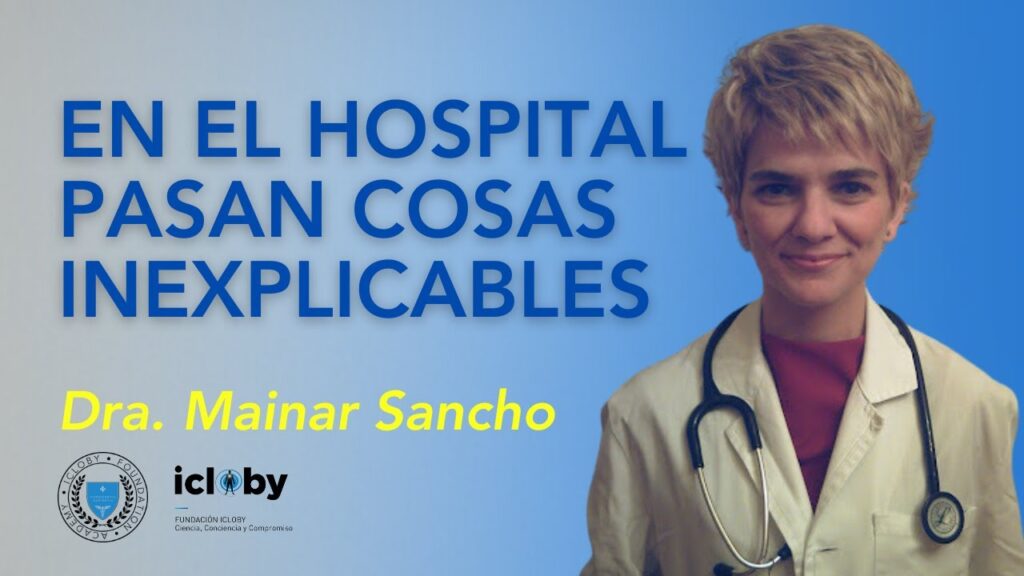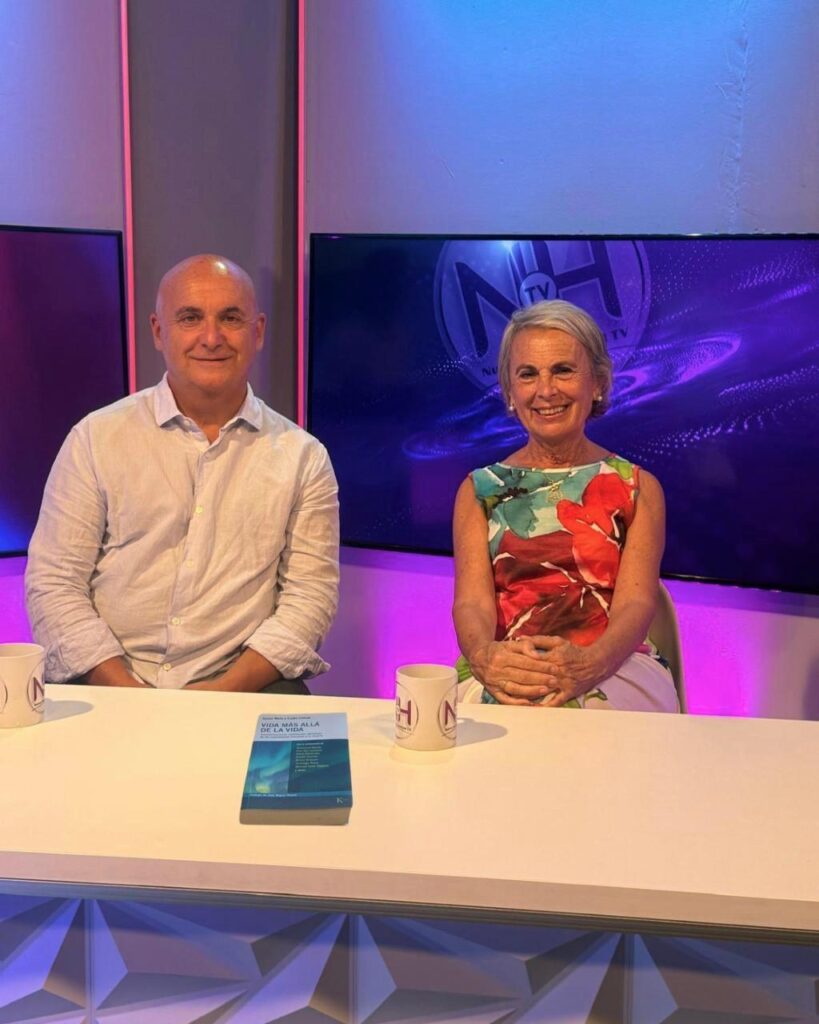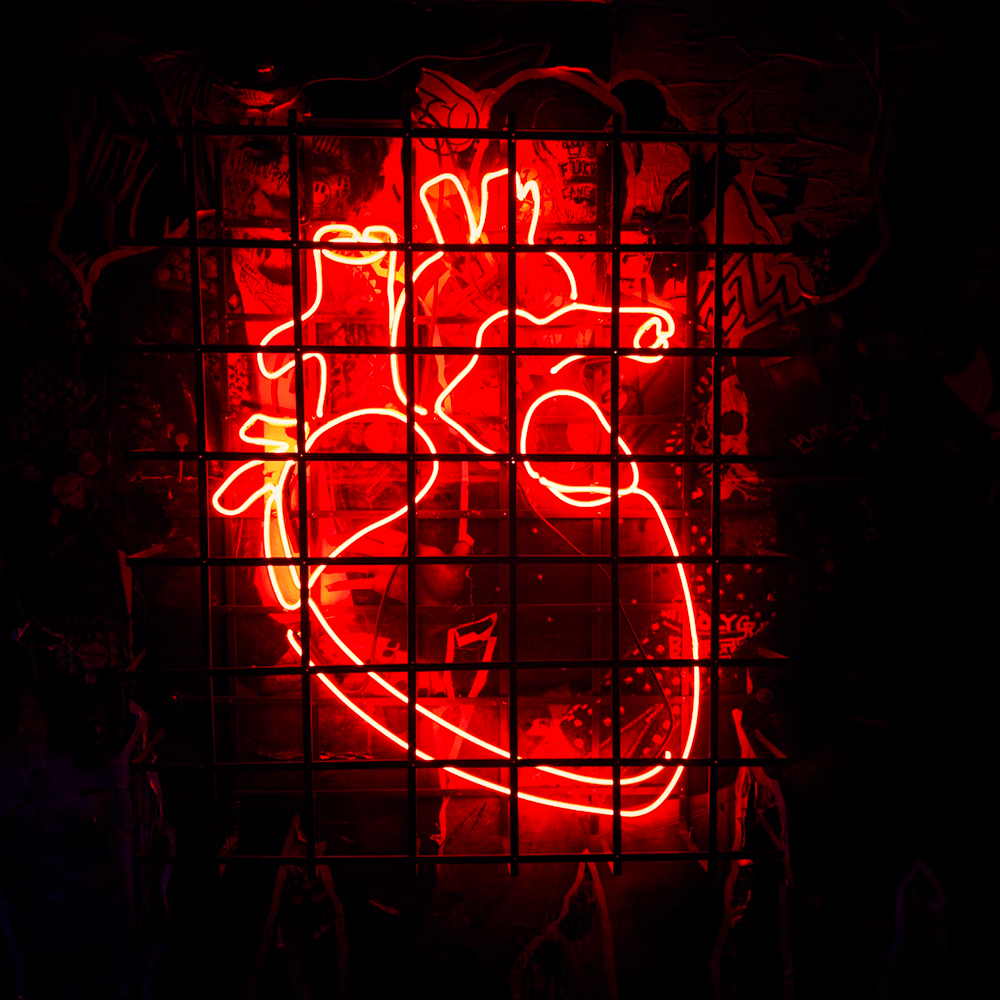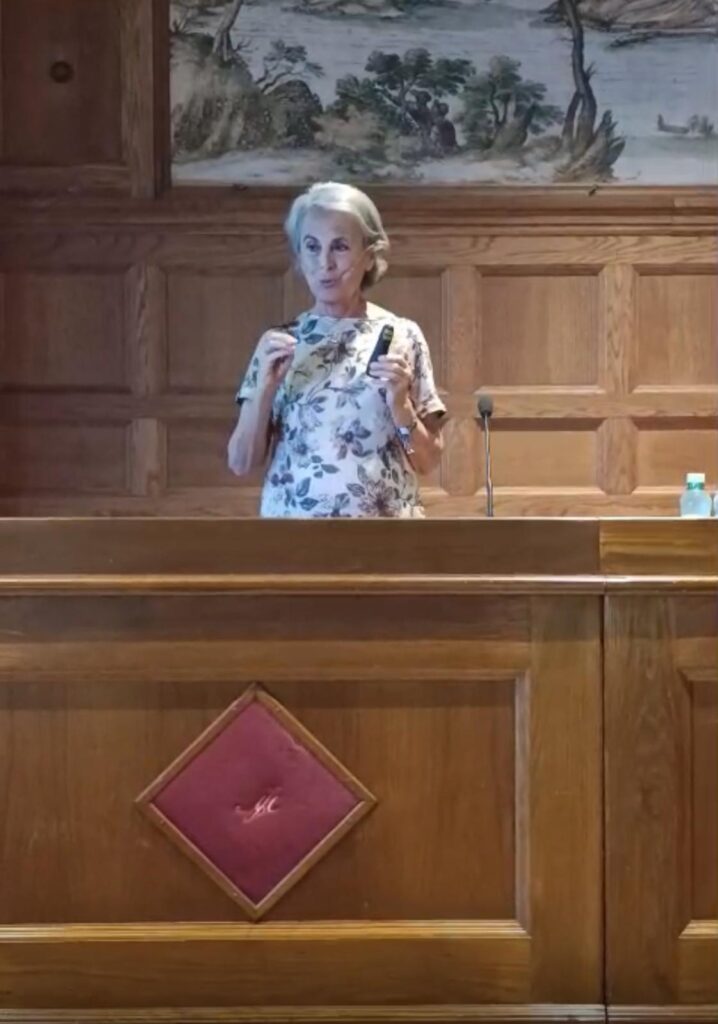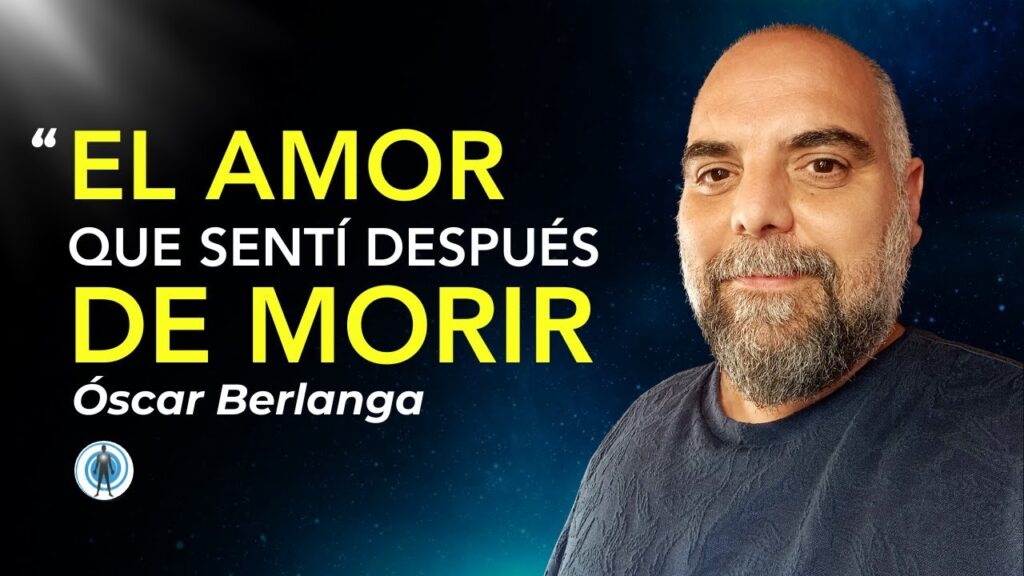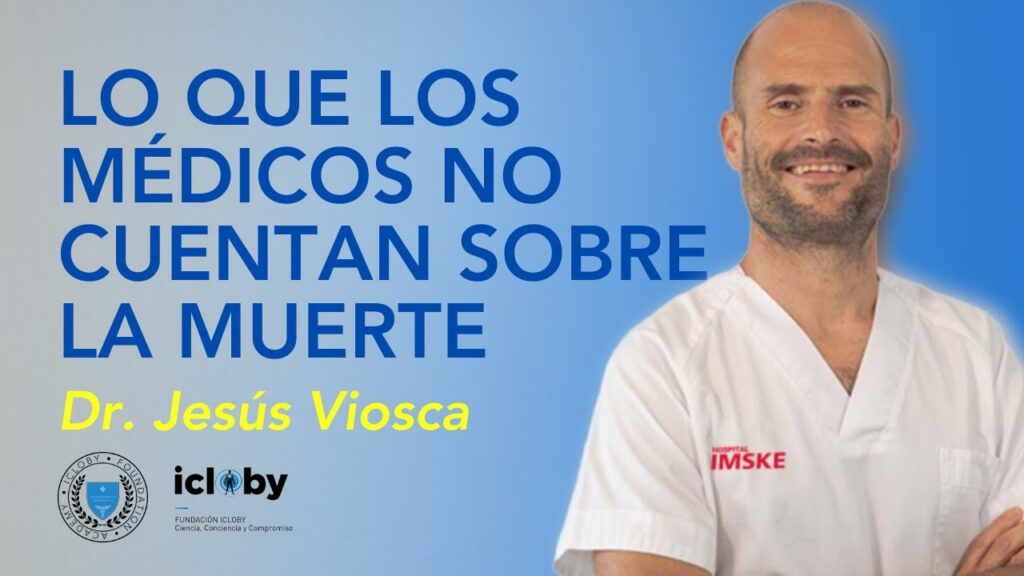Last News
This review of Your Brain at the Moment of Death, written by Levine, D. and Duennweller, J.R., invites us to see how Philosophy, Religion, and Science converge on a common theme: death and what may follow it.
Francisco García, Journalist at New Humanity TV, spoke with Dr. Luján Comas and Dr. Xavier Melo of the ICLOBY Foundation about near-death experiences, following the release of testimonies published in their book Life Beyond Life.
The House of the Book in Madrid, one of the city’s most renowned bookstores, once again became the stage for conversations about near-death experiences (NDEs).
No matter how much time passes after a Near-Death Experience (NDE), the details of what happened remain vivid, and the life-changing transformation that usually follows is inevitable. This testimony proves it.
The paradox of death as a natural law and death as a failure of Medicine invites us to deeply reflect on how doctors are trained, regardless of their specialty.
In an interview in New Humanity TV, Dra. Luján Comas and Dr. Xavier Melo, of the Icloby Foundation, They share findings and testimonies about experiences close to death (NDE). The dialogue explores scientific research in international hospitals, The impact of ECM on the lives of those who experience them and the need to open the heart to transform our way of living. The book life beyond life brings together these stories and collaborates with the scientific research of consciousness.
Dr. Mario Beauregard and his research team have conducted studies on near-death experiences (NDEs) under conditions of induced cardiac arrest. The results speak for themselves.
Science is increasingly gathering solid evidence of the heart’s role in life, dismantling the old notion that its sole function is to act as a pump moving blood through the body. Curiosity about the results of these studies continues to grow across both scientific and non-scientific fields.
What Óscar Berlanga experienced after his accident led him to conclude that he had never had such a vivid and life-filled experience as his NDE. That is why he prefers to call it a “Near-Life Experience.”
Although science is moving toward a more holistic view of life and death, the materialistic approach of Medicine still slows the recognition that we are not only a physical body, but also spirit—something we can no longer afford to ignore.
